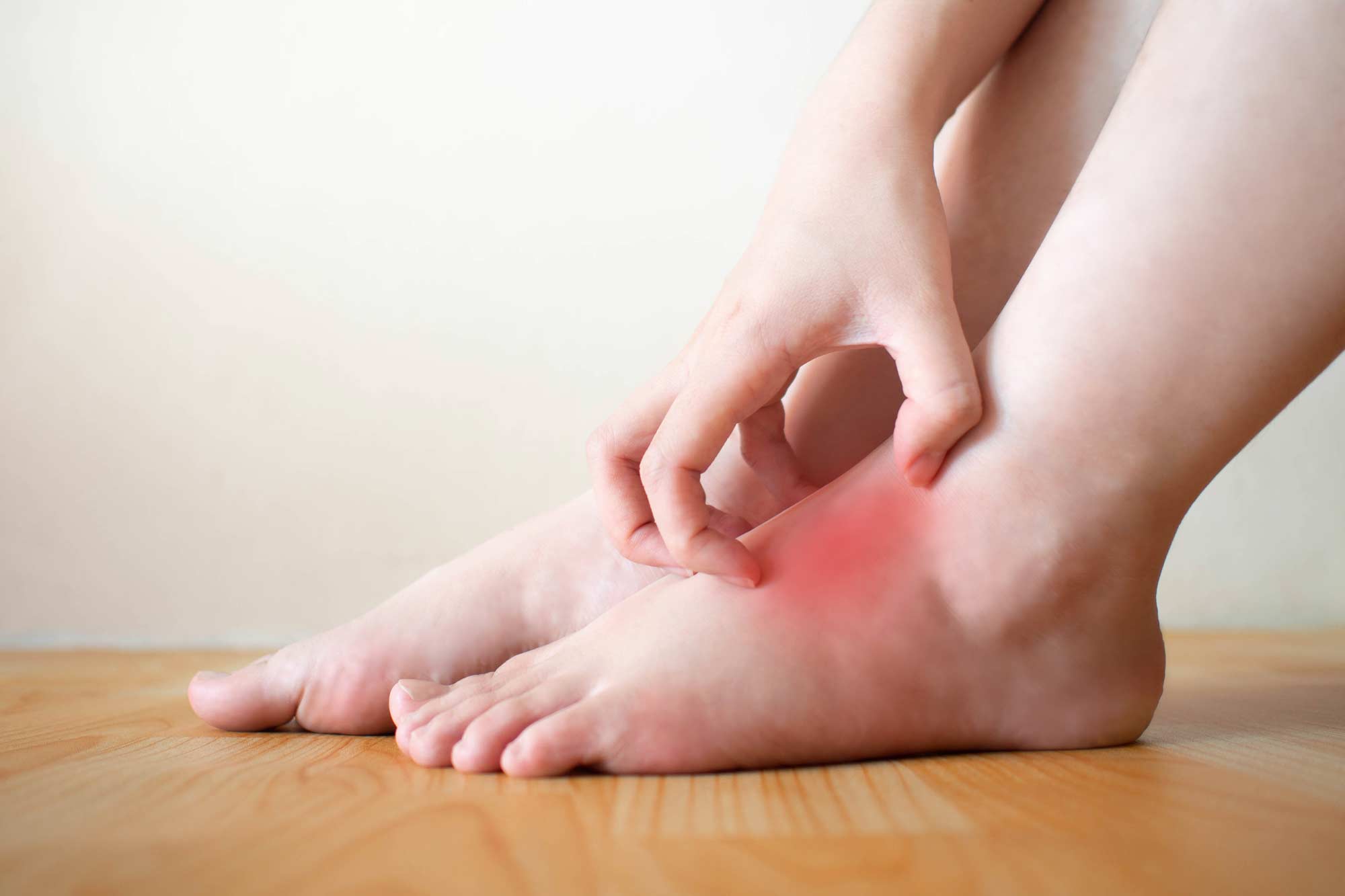
Ever wondered why you feel itchy? Itchiness, or pruritus, is a common sensation that can drive anyone crazy. From mosquito bites to dry skin, there are countless reasons why you might feel the urge to scratch. But did you know that itchiness can also be a sign of something more serious? Itchiness can be caused by allergies, infections, or even stress. Sometimes, scratching can make it worse, leading to more irritation or even infection. Understanding the causes and remedies for itchiness can help you manage this pesky problem better. Let's dive into 30 intriguing facts about itchiness that will make you scratch your head in wonder!
What Causes Itchiness?
Itchiness, also known as pruritus, can be triggered by various factors. Understanding these causes can help manage or prevent the discomfort.
- Dry Skin: Lack of moisture can lead to dry, flaky skin, causing an itchy sensation. This is common in winter or in low-humidity environments.
- Allergic Reactions: Allergens like pollen, pet dander, or certain foods can cause the skin to itch. The body releases histamines in response, leading to itching.
- Insect Bites: Mosquitoes, fleas, and other insects inject saliva or venom, causing localized itching and swelling.
- Skin Conditions: Eczema, psoriasis, and dermatitis are chronic conditions that often result in persistent itching.
- Medications: Some drugs, including antibiotics and antifungals, can cause itching as a side effect.
- Infections: Fungal infections like athlete's foot or ringworm can make the skin itch intensely.
- Internal Diseases: Conditions like liver disease, kidney failure, or thyroid problems can cause generalized itching.
- Pregnancy: Hormonal changes during pregnancy can lead to itchy skin, especially on the abdomen and breasts.
How the Body Responds to Itchiness
The body's response to itchiness involves complex interactions between the skin, nerves, and brain.
- Nerve Endings: Specialized nerve endings in the skin detect irritants and send signals to the brain, triggering the itch sensation.
- Histamines: These chemicals are released by the immune system in response to allergens, causing itching and inflammation.
- Scratching Reflex: Scratching temporarily relieves itching by disrupting the nerve signals, but it can also damage the skin and worsen the itch.
- Brain's Role: The brain processes itch signals and decides the intensity of the sensation, which can vary from mild to unbearable.
- Pain and Itch Connection: Pain and itch signals share some neural pathways, which is why scratching (a mild form of pain) can relieve itching.
Common Remedies for Itchiness
There are various ways to alleviate itchiness, ranging from home remedies to medical treatments.
- Moisturizers: Applying lotions or creams can help hydrate dry skin, reducing itchiness.
- Antihistamines: These medications block histamines, providing relief from allergic itching.
- Cold Compresses: Applying a cold pack can numb the area and reduce itching.
- Oatmeal Baths: Colloidal oatmeal has soothing properties that can relieve itchy skin.
- Topical Steroids: Creams containing corticosteroids can reduce inflammation and itching.
- Avoiding Triggers: Identifying and avoiding allergens or irritants can prevent itching.
- Proper Hygiene: Keeping the skin clean and dry can prevent infections that cause itching.
Interesting Facts About Itchiness
Itchiness is not just a simple sensation; it has some fascinating aspects worth knowing.
- Itch and Pain: Itch and pain are closely related, but they activate different neural pathways.
- Psychogenic Itch: Stress and anxiety can cause or worsen itching, even without a physical cause.
- Nocturnal Itch: Itchiness often worsens at night due to changes in body temperature and reduced distractions.
- Chronic Itch: Some people suffer from chronic itch, which lasts for more than six weeks and can severely impact quality of life.
- Itch in Animals: Animals also experience itchiness and have similar scratching behaviors to humans.
- Itch Research: Scientists are still studying the exact mechanisms of itch, which remain partly mysterious.
- Itch and Evolution: Itching may have evolved as a defense mechanism to remove parasites and irritants from the skin.
- Placebo Effect: Believing that a treatment will relieve itching can sometimes make it more effective.
- Itch and Sleep: Severe itching can disrupt sleep, leading to fatigue and other health issues.
- Itch Myths: Contrary to popular belief, scratching an itch does not spread infections like poison ivy; it just irritates the skin further.
Scratching the Surface
Itchiness, or pruritus, is more than just a minor annoyance. From mosquito bites to allergic reactions, it affects everyone at some point. Understanding the causes, like dry skin, insect bites, or medical conditions, can help manage it better. Histamines play a big role, triggering that urge to scratch. But scratching can sometimes make things worse, leading to skin infections or scarring.
Home remedies like cool compresses, oatmeal baths, and moisturizers can provide relief. For persistent itchiness, consulting a dermatologist is wise. They might recommend antihistamines, steroid creams, or other treatments.
Remember, while itchiness is common, it’s not always harmless. Paying attention to your skin and knowing when to seek help can make a big difference. Stay informed, take care of your skin, and you’ll be better equipped to handle those itchy moments.
Was this page helpful?
Our commitment to delivering trustworthy and engaging content is at the heart of what we do. Each fact on our site is contributed by real users like you, bringing a wealth of diverse insights and information. To ensure the highest standards of accuracy and reliability, our dedicated editors meticulously review each submission. This process guarantees that the facts we share are not only fascinating but also credible. Trust in our commitment to quality and authenticity as you explore and learn with us.


